iOS 18.1 arrives this coming week, officially launching the initial Apple Intelligence features on devices capable of supporting the suite of AI-powered tools. So naturally, that's going to spark a lot of iPhone 16 upgrades, since the models Apple released this fall are the only iPhones outside of the iPhone 15 Pro and iPhone 15 Pro Max that will be able to run the new capabilities. Right?
Not exactly.
"Some analysts have even made dubious claims that Apple Intelligence is already creating an 'AI consumer revolution' that will 'spark a massive holiday season,'" Bloomberg's Mark Gurman wrote in a recent column noting that Apple's AI efforts are about two years behind the competition. "But Apple’s AI glory is still years away. If the new iPhone is a hit this year, it will probably be because of everything but AI."
Analyst Ming-Chi Kuo is similarly pessimistic about an Apple Intelligence-inspired sales boom, citing recent production cuts that mostly affect the non-iPhone 16 Pro models. "I believe that Apple is best positioned to succeed in on-device AI, and I am confident about the long-term potential for Apple Intelligence to become a popular paid service," Kuo wrote in a blog post on Medium. "However, significant growth in iPhone shipments will likely require further hardware innovation to accompany this AI development."
That may not be the Apple Intelligence launch people had been dreaming of, particularly those employed at Apple HQ. But it's not entirely surprising given that iOS 18.1 is just the first step in an Apple Intelligence rollout process expected to last well into next year.
"Apple has made Apple Intelligence a key part of its marketing and advertising for the iPhone 16 so there ought to be some impact on sales when it arrives," said Techsponential's Avi Greengart when I asked him if it was likely that Apple Intelligence's launch would bring a spike in iPhone 16 sales. "But there are many definitions of 'when Apple Intelligence arrives.'"
What iOS 18.1 delivers
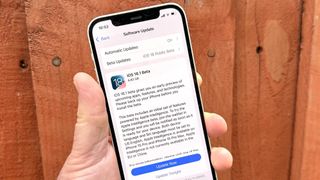
Apple took the unusual step of releasing an iOS 18.1 beta before iOS 18's official launch, with the idea of getting Apple Intelligence features in the hands of developers as quickly as possible. A public beta followed in September shortly after the iOS 18 update arrived.
You won't find every Apple Intelligence feature in iOS 18.1. The update includes Writing Tools that work in any app where there's keyboard input, including third-party offerings. You can use writing tools to get proofreading suggestions, try out different tones or make text more concise. You can also select text to get summaries, with summary features also added to Safari, Mail and the Notes app, where you go to summarize the transcripts of audio clips and phone call transcripts.
Mail sees other Apple Intelligence-influenced changes in the form of smart replies to messages and a priority inbox feature that surfaces messages with deadlines to top of your inbox. Instead of showing the first few sentences of a message, your inbox now displays a two line summary. Notifications are supposed to be summarized, too, though in my experience of using iOS 18.1 since September, that particular feature hasn't shown up all that much.
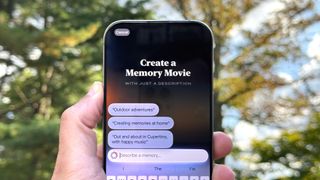
Photos is probably the biggest beneficiary of Apple Intelligence, as you can now use natural language search to find photos and videos in your library. (This feature also seems to work to some extent in phones running the iOS 18.1 beta that don't necessarily support Apple Intelligence like my iPhone 12.) Using text prompts, you can create a Memory Movie slideshow of photos and videos from your library, and a Clean Up tool mimics Google's Magic Eraser feature by letting you remove unwanted objects from photos with a tap.
Siri also gets the first changes in what figures to be a complete overhaul as part of Apple Intelligence. The entire screen now flashes when you summon Siri, and you can interrupt the assistant or even correct yourself mid-request. Siri has a more extensive understanding of Apple products, making it a good troubleshooting resource. There's a type-to-Siri feature in Apple Intelligence, too.
""Even these Apple Intelligence capabilities feel like improvements to existing features spread out throughout the OS and don’t fundamentally change how you use your phone."
— Avi Greengart, TechsponentialAll of those are improvements, some of them further along then others. But they're not exactly reinventing what the iPhone as to offer. "Even these Apple Intelligence capabilities feel like improvements to existing features spread out throughout the OS and don’t fundamentally change how you use your phone," Greengart said.
That's certainly my impression after using iOS 18.1. There are some features that are extremely well-implemented like the writing tool that can turn your text into more formal writing — great for perfecting cover letters. But other tools feel like they're going to need more refinement over time. There's certainly in this initial burst of Apple Intelligence features that's reason enough to upgrade your phone.
What this means for the iPhone 16
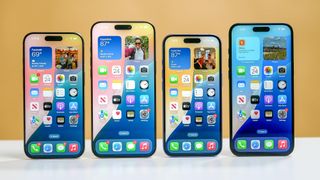
But that's not a criticism of the iPhone 16 lineup, which offers plenty of upgrade incentives without taking Apple Intelligence into consideration. For starters, the iPhone 16 gets its share of premium features like the Camera Control button and a new A18 chipset so that no longer feels like an afterthought to the Pro models. All the iPhone 16 models last a long time on a charge, and the camera improvements on the iPhone 16 Pro and iPhone 16 Pro Max keep Apple's handsets top when it comes to the best camera phones.
So in that context, Apple Intelligence is more like a nice add-on to all the changes Apple has made to its iPhone lineup rather than the sole driver of upgrades.
That assessment lines up with IDC's forecast for iPhone sales during the holiday quarter closing out 2024. "We expect a fairly healthy growth for Apple in Q4 driven by upgraders who have reached the end of their typical 3 to 4 year lifecycle, aka those that are currently on older iPhone models like 13, 12 or older," said Nabila Popal, IDC's senior research director.
"The growth from Apple Intelligence will come next year, with almost 5% YoY growth forecasted for Apple in 2025," she added. "We expect consumer awareness around Apple Intelligence to grow, use cases to increase and additional language support to roll out by then."
What's next for Apple Intelligence
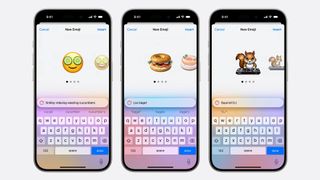
With iOS 18.1 landing on phones in the coming week, attention is inevitably turning to iOS 18.2, which is already out as a beta for developers. Expect a public beta to follow soon enough.
iOS 18.2 brings more Apple Intelligence features to the table including one that's exclusive to the iPhone 16 — Visual Intelligence. This Google Lens-like feature lets you point your iPhone camera at something to extract information. Examples Apple cited when previewing the feature in September included identify dog breeds and pulling down event information from a concert poster.
Other iOS 18.2 additions include Image Playground, Apple's stab at using generative AI to create images. That includes the long-awaited Genmoji feature where you can custom create emoji using text prompts. ChatGPT will be integrated into Siri responses, too, as Apple continues to fine-tune its digital assistant.
Those will be good additions to the iPhone experience, and I certainly look forward to trying them. But like the iOS 18.1 additions hitting phones right now, they're unlikely to cause that iPhone 16 spike that some are hoping for.
So what will? Techsponential's Greengart thinks Apple's most immediate challenge is to "show that even the limited version of Apple Intelligence shipping in today’s software can do useful and interesting things that you could not do before. I suspect that message and email summaries are the most obvious changes."
As for the longer term, "Apple needs to capitalize on its privacy and cross-app ability to take actions on your behalf before rivals with better performing AI models find a way to harness (and monetize) their technology and reduce Apple’s ecosystem advantages," Greengart said.
IDC's Popal sees Siri as the key. "For me, and I suspect for more users, the most exciting use case will be when Siri can function as a 'human like' digital assistant that can perform multiple tasks for you and is able to converse with the user in a more 'human'-like manner," she said. "This is the direction I believe Apple will focus on in the coming year(s) to motivate consumers to upgrade early. "
More from Tom's Guide
- iPhone 17 rumors — everything we know so far
- Best iPhones
- I’ve been using ChatGPT Voice — 7 ways it beats the new Siri with Apple Intelligence
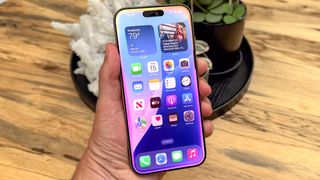


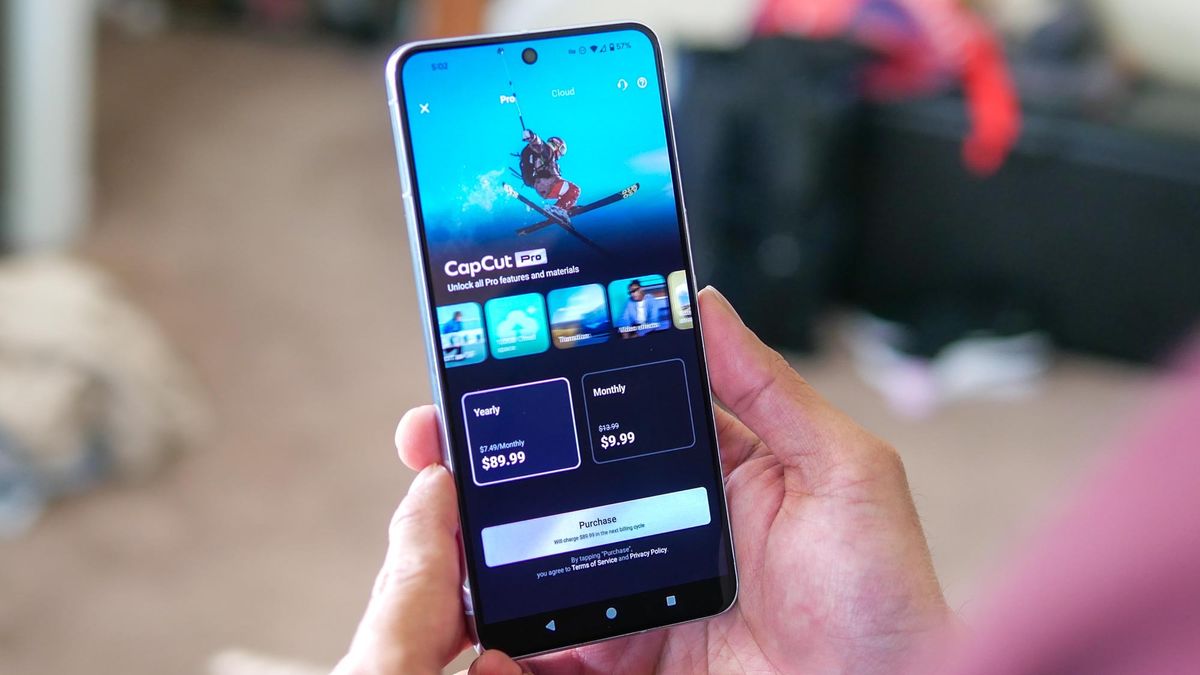
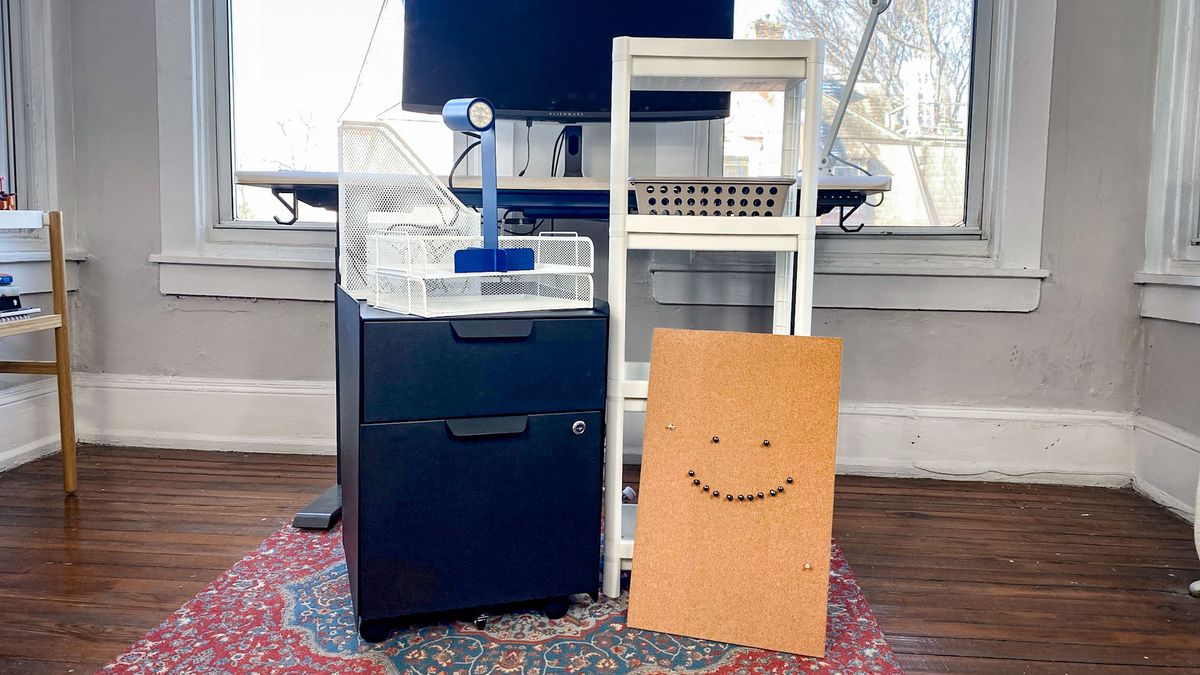
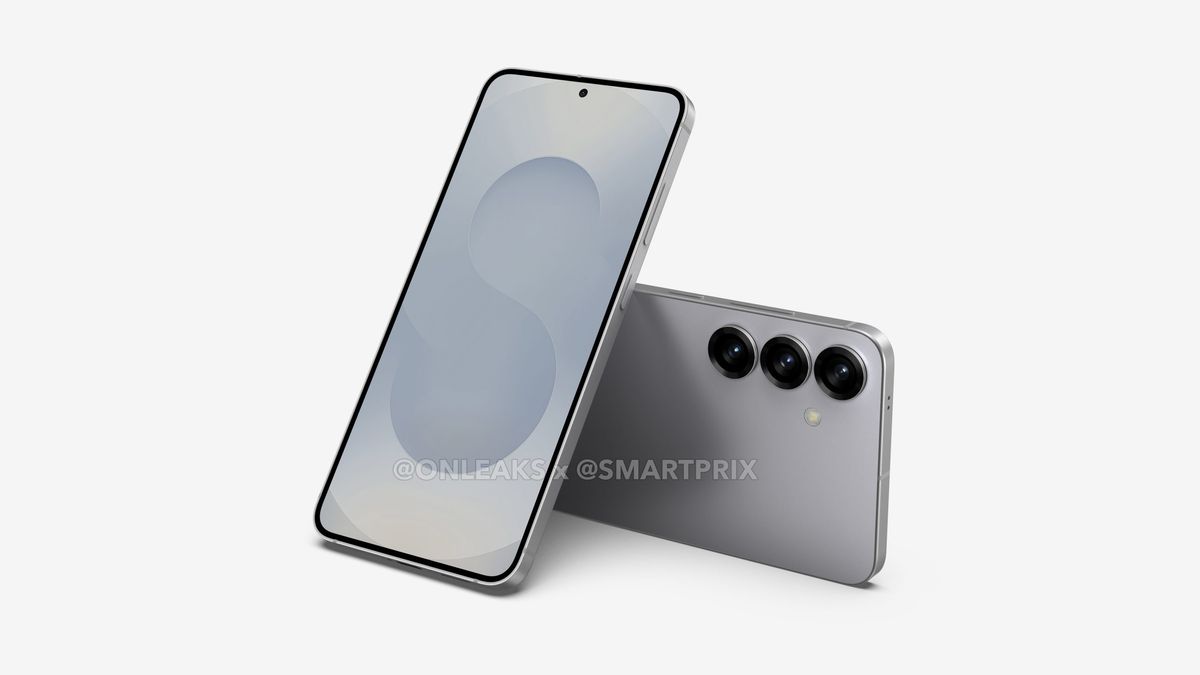

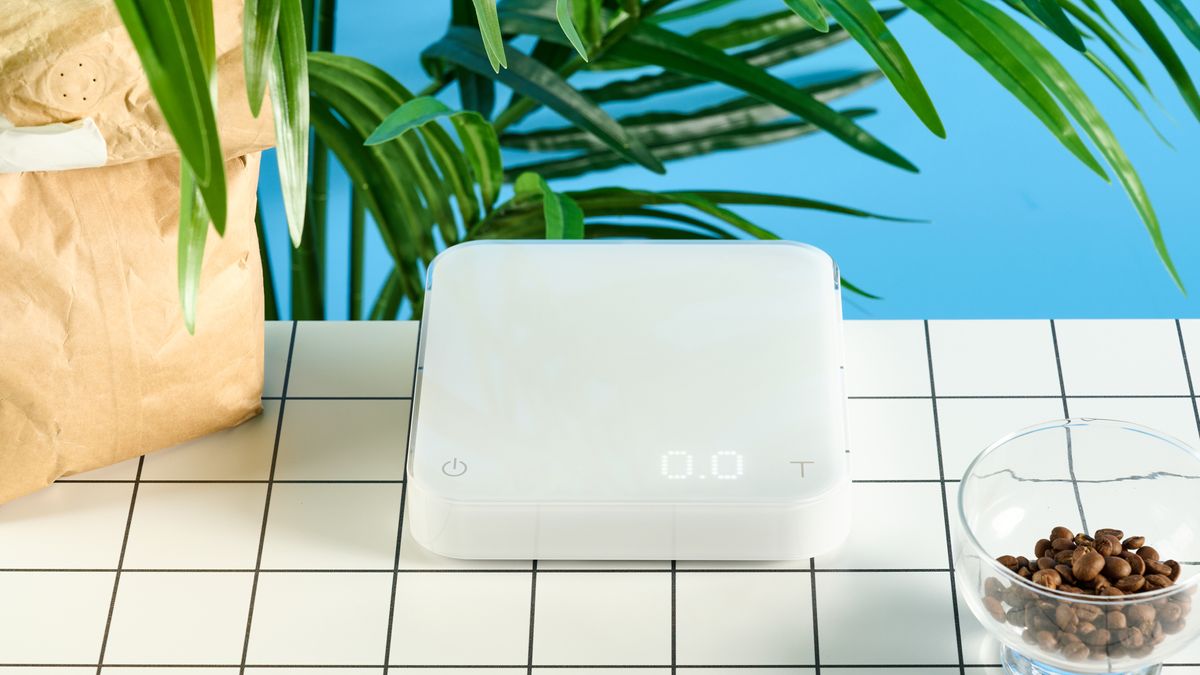













 English (US) ·
English (US) ·